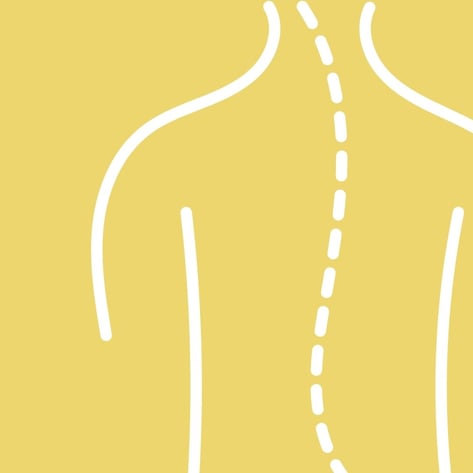
What exactly is the Vagus nerve? The Vagus nerve is the longest nerve in your body. It connects your brain to many important organs throughout the body, including the gut (intestines, stomach), heart, and lungs. The word "Vagus" means “wanderer” in Latin, accurately representing how the nerve wanders all over the body and reaches various organs. The Vagus nerve is also a crucial part of your parasympathetic “rest and digest” nervous system. It influences your breathing, digestive function, and heart rate, all of which can significantly impact your mental health. It's a key nerve that science is still learning how imperative it is.
There are two nervous systems in our bodies. The sympathetic, or “fight or flight,” and the parasympathetic or “rest and digest.”
The Vagus nerve is part of the parasympathetic system, or rest and digest. This system supports us in relaxing, centering, and calming ourselves. As well as digesting our food, having a healthy reproductive system, and healing.
Humans had to keep a constant and vigilant eye out for lions and predators back in the day. We had to hide from, run from, possibly fight, lose to, and get eaten by other species that might threaten us. Of course, our bodies and minds have evolved, but we still find ourselves in "survival" mode quite often, especially when there is a perceived threat.
Even if that perceived threat isn't real, our minds and bodies are so connected (via the vagus nerve) that essential bodily functions start kicking in to keep us safe. Our blood goes to our stomachs, which makes our extremities cold but keeps us alive if we are attacked. We start sweating, our heart rate increases, and cortisol is released into our system if we need a burst of energy to run away quickly. Sound familiar? This is fight or flight mode, and it’s pretty common to go through daily, even though most of us live relatively safe lives.
Unfortunately, In that state, the vagus nerve is neither giving nor getting the signals it needs to do its job correctly. When vagus function is out of whack, digestion is out of whack. Symptoms can include heartburn or GERD, IBD, or inflammatory bowel disease like ulcerative colitis. In addition, they can prevent the body from healing Small Intestine Bacterial Overgrowth (SIBO), a frequent root cause of Irritable Bowel Syndrome (IBS).
The vagus nerve is part of the system that tells the stomach to put out digestive acids and juices and start the gut’s movement. When we chew our food, we begin the process of mixing the fibers in our food with the digestive acids and enzymes that begin to break food down before it reaches the stomach, before flowing into the small and then large intestines.
When the vagus nerve isn’t getting or sending the right signals, the digestion in the gut is slowed. This means that overgrowths of bacteria, yeast, or parasites, as well as hormones and toxins, are moving through the gut at a slower rate. As a result, IBS and SIBO risk increase with more exposure to bacteria and waste products, potentially worsening any infections that might be present.
For your gut to work optimally, you need to prioritize "rest and digest" so that the vagus nerve can do its job thoroughly. This includes things such as listening to your body and napping when you're tired, taking time just for yourself to meditate, or even just sitting quietly somewhere without distraction. Taking deep belly breaths, and of course, adding a gentle flow yoga to your workout routine if possible.
When you feel the physical symptoms of stress, try to notice them and use your mind to bring yourself back to a neutral state by taking deep breaths. I know this can sound easier said than done, but your body is on your side, and the Vagus nerve is still doing its job, as long as you take time to take care of yourself.

